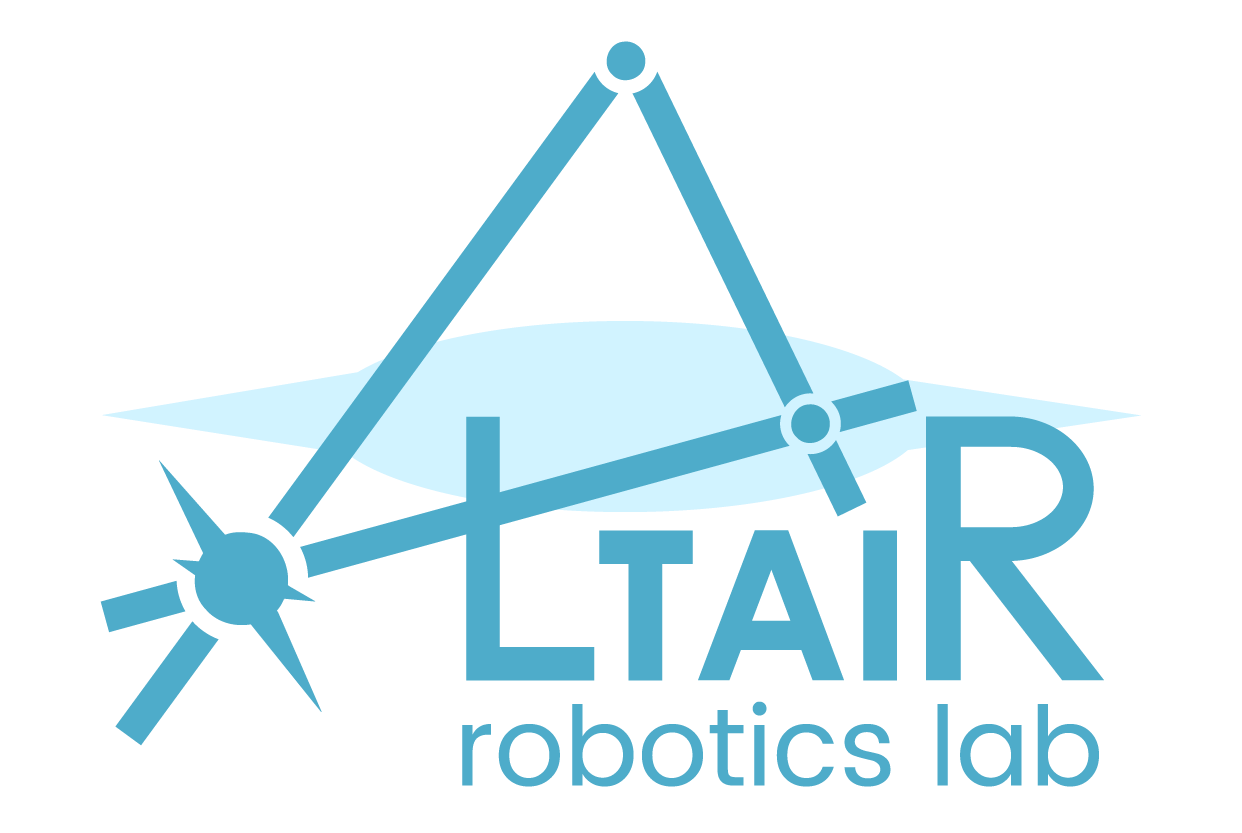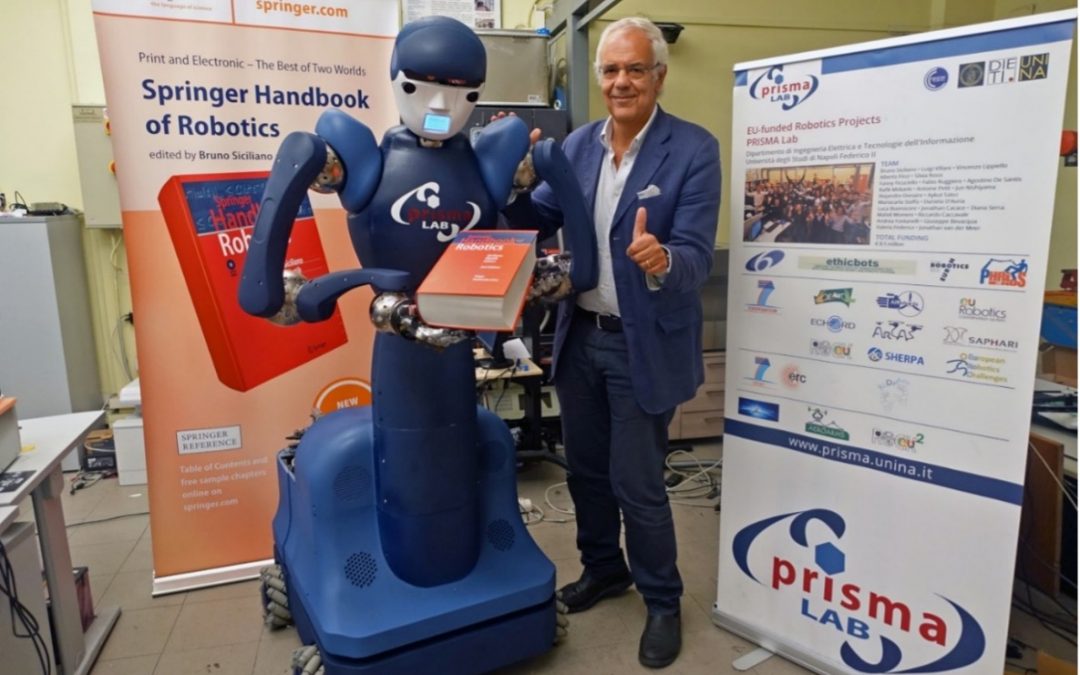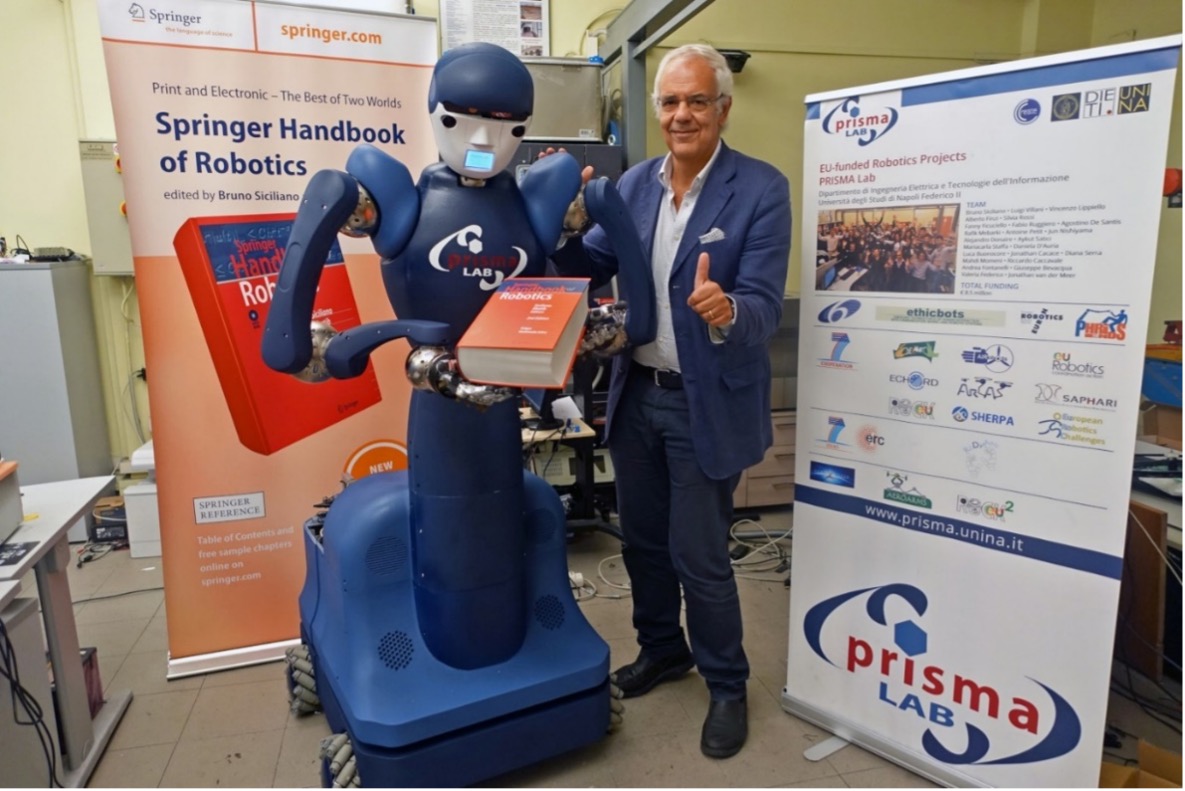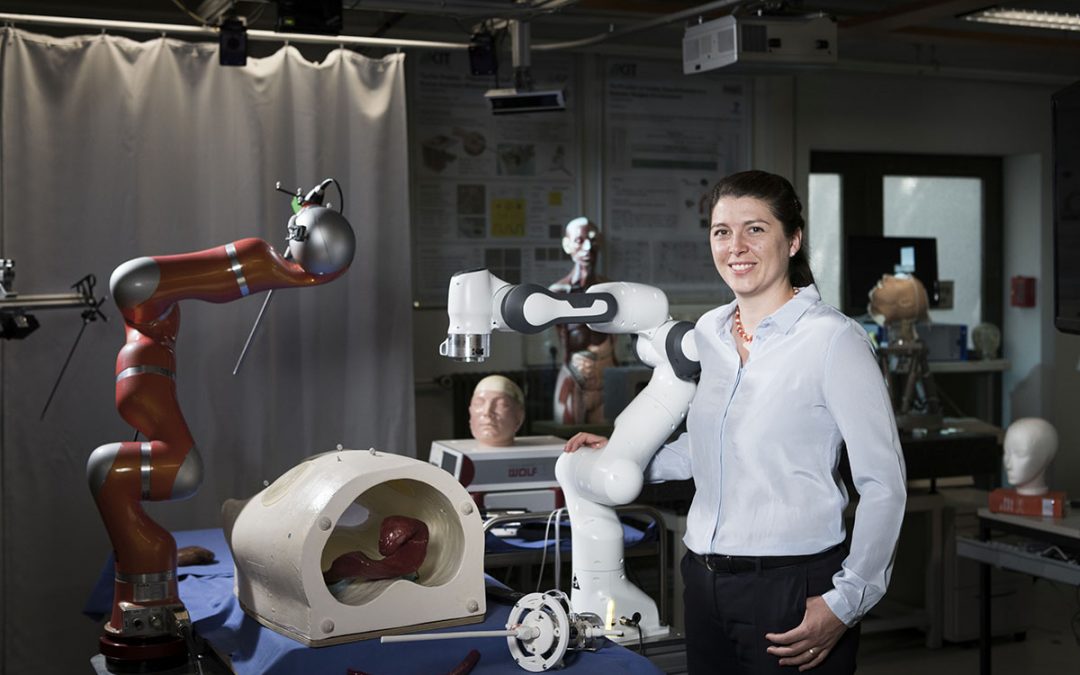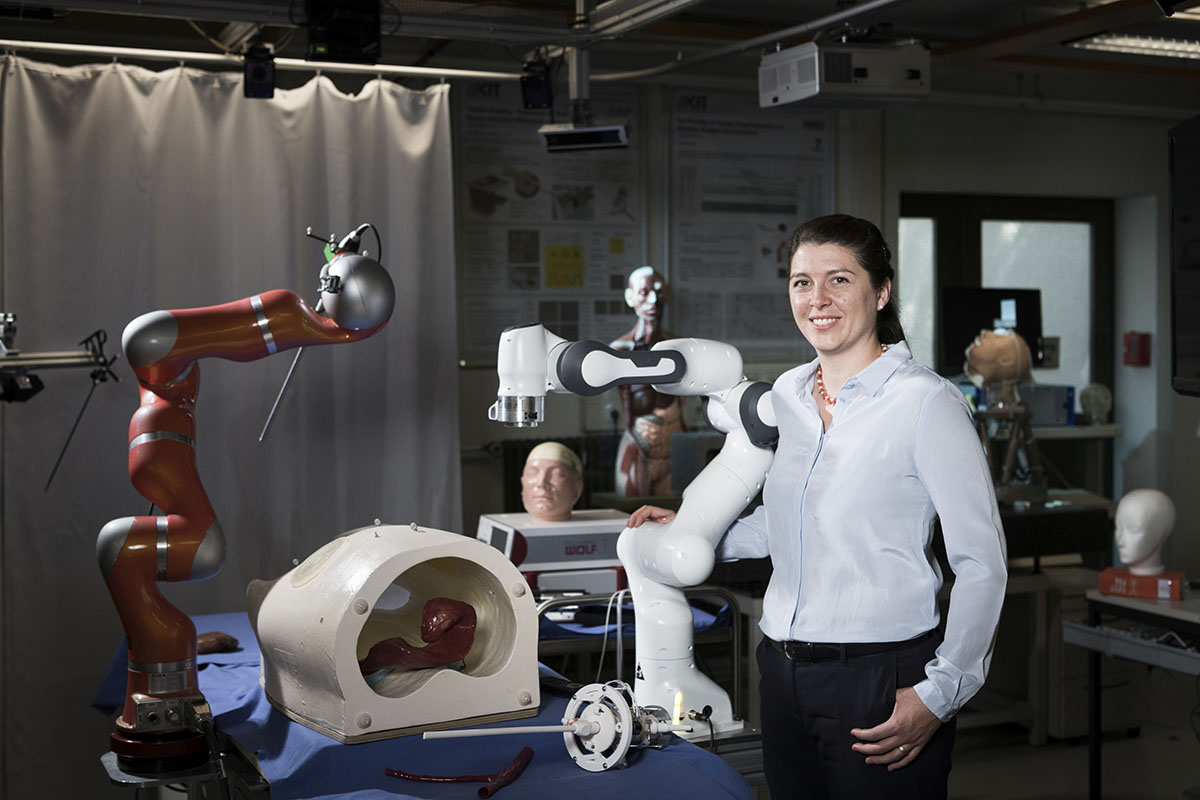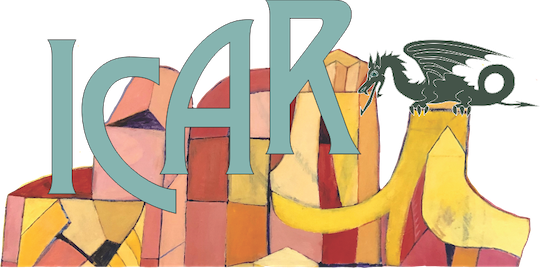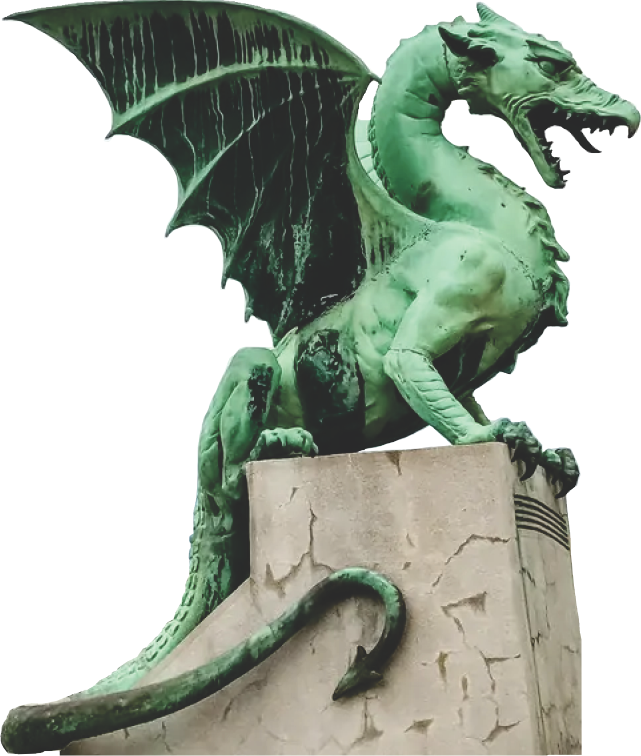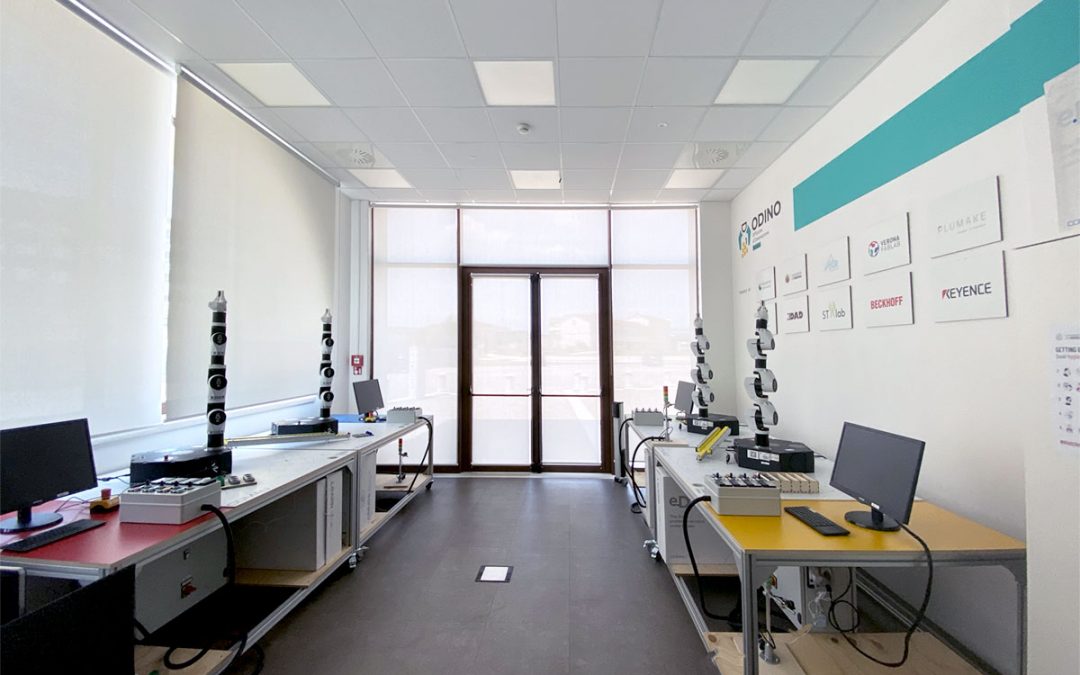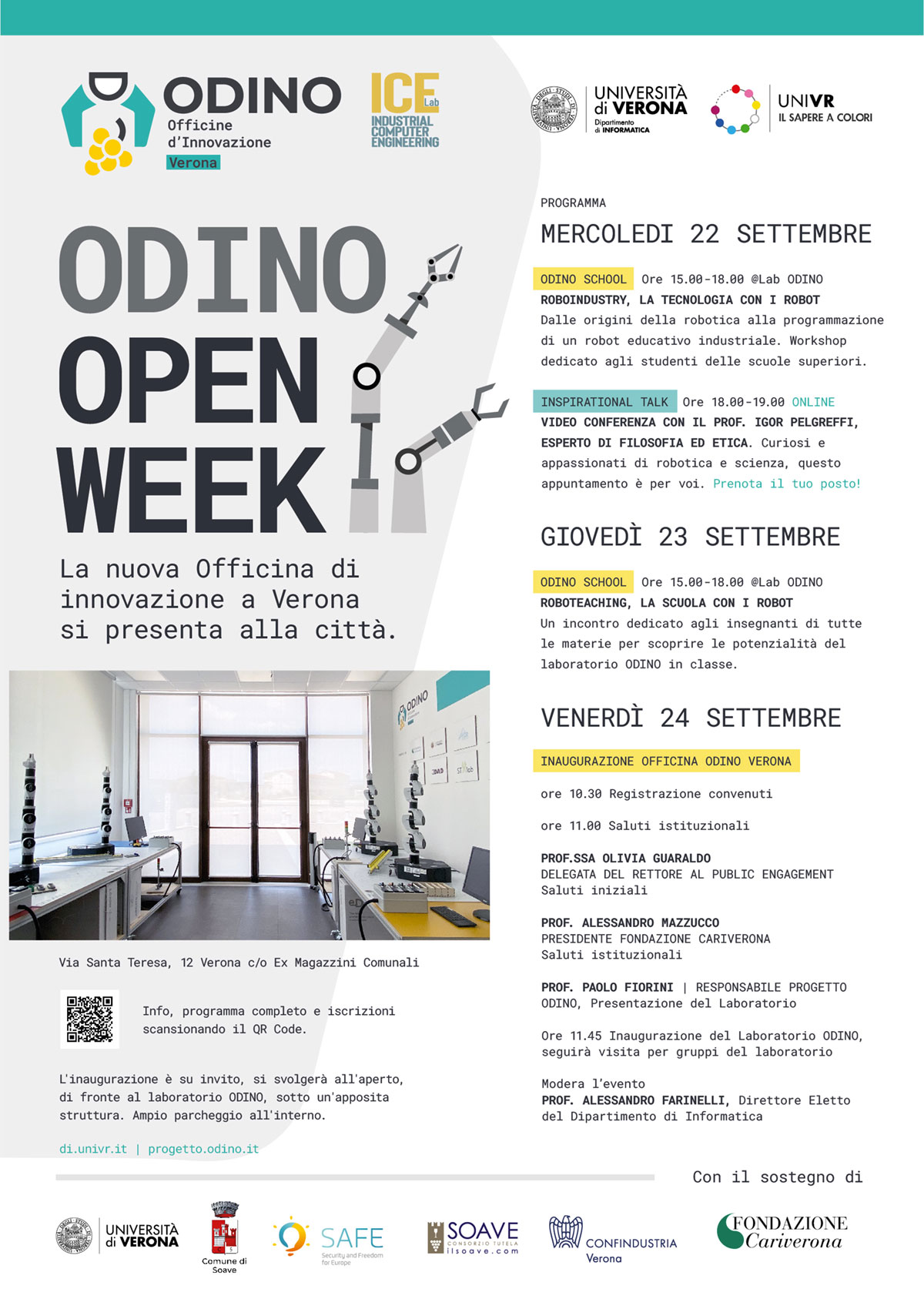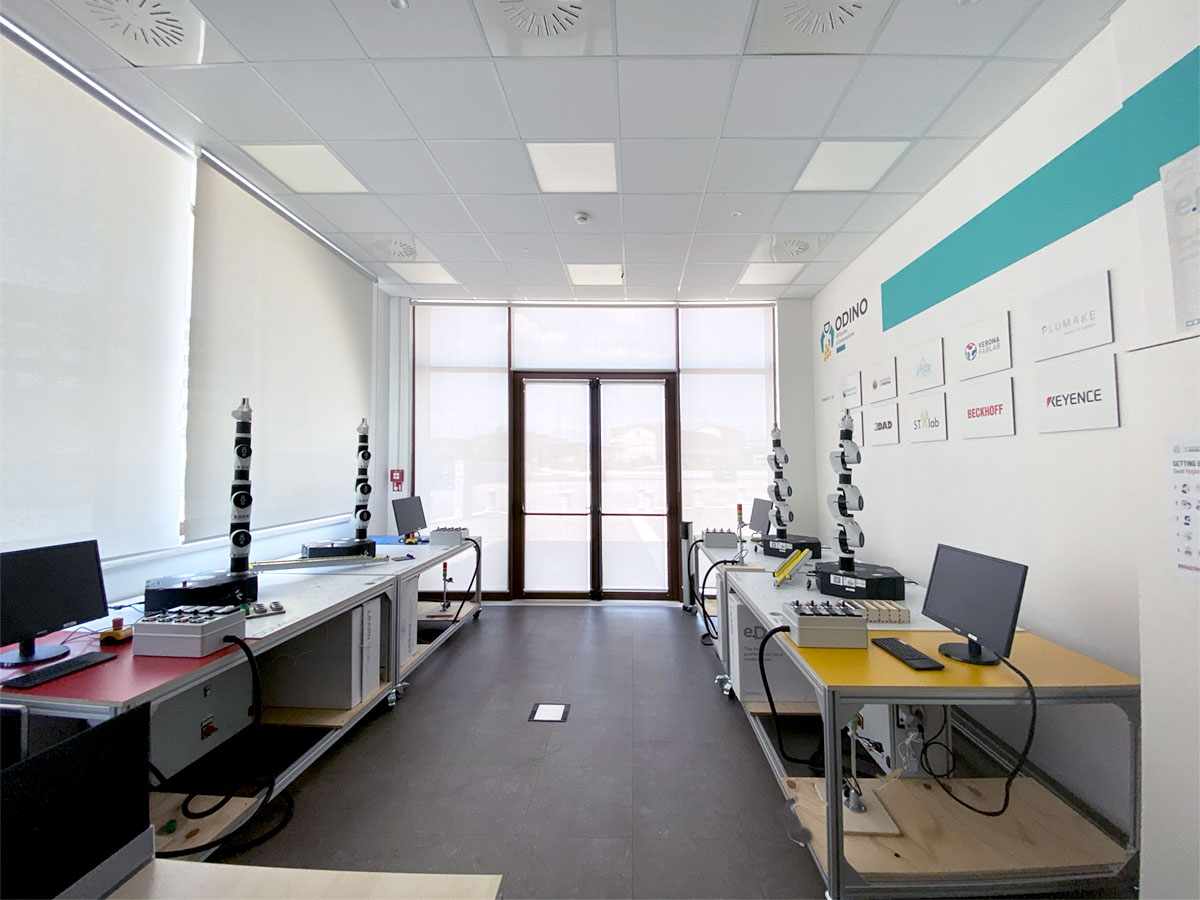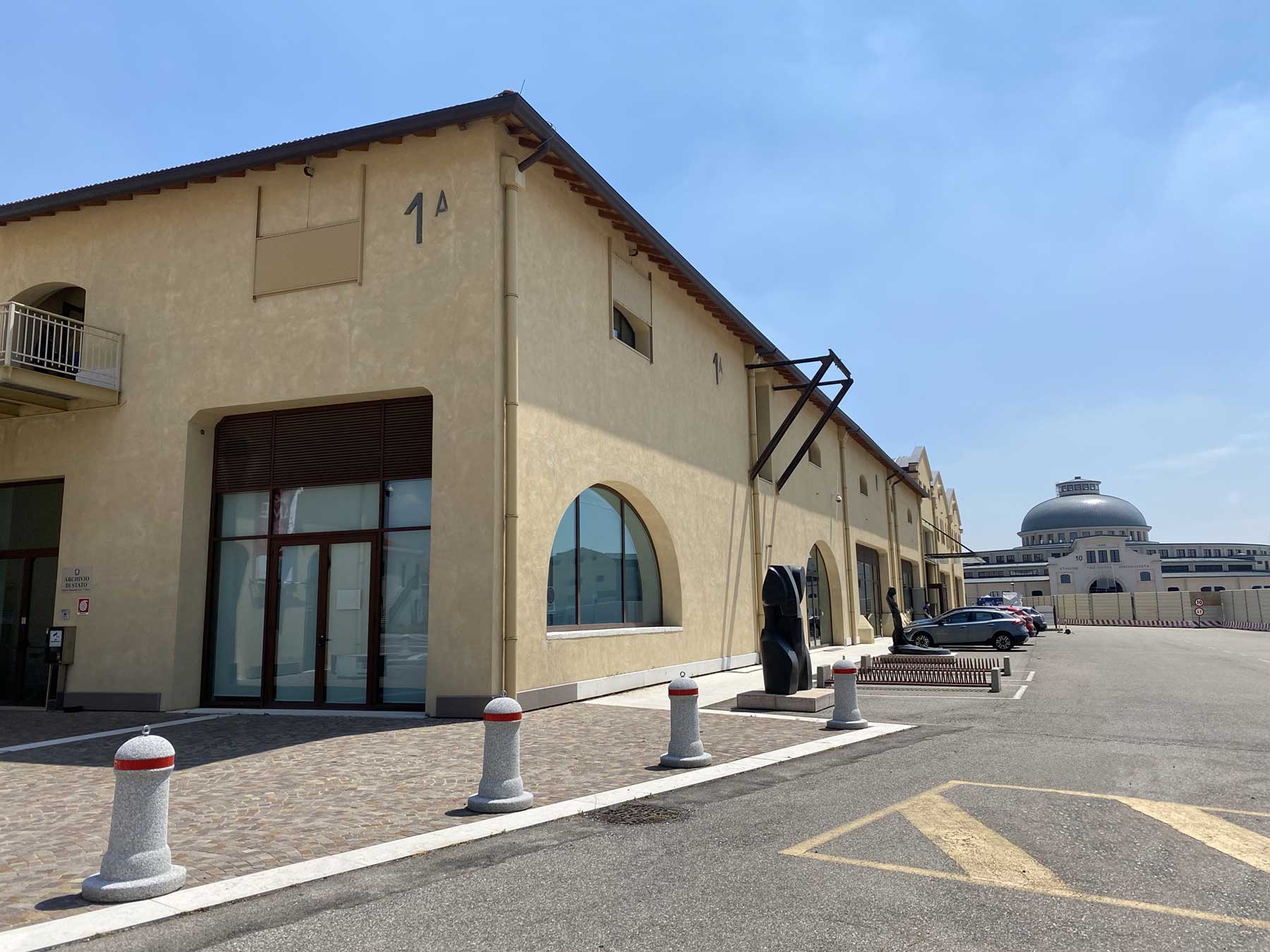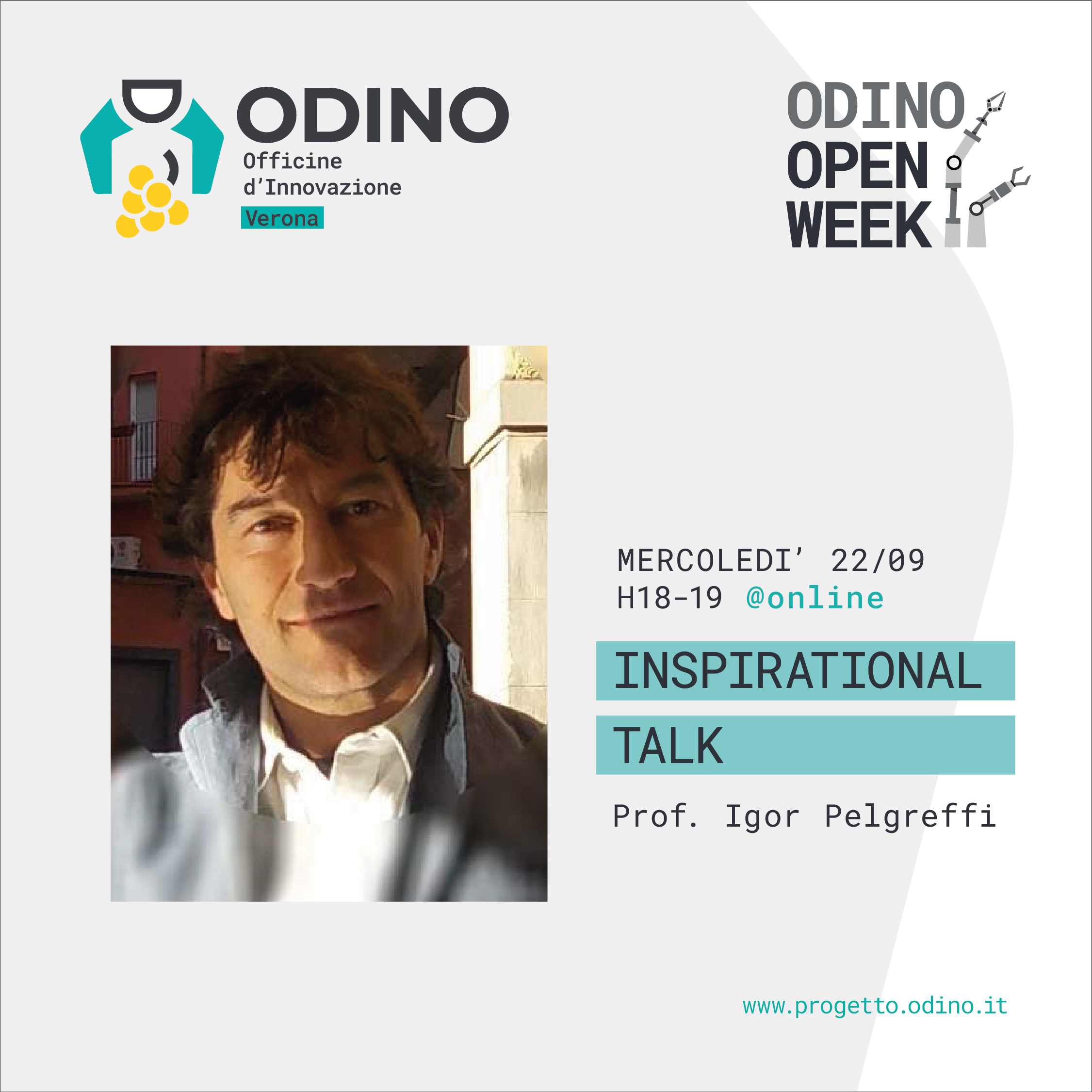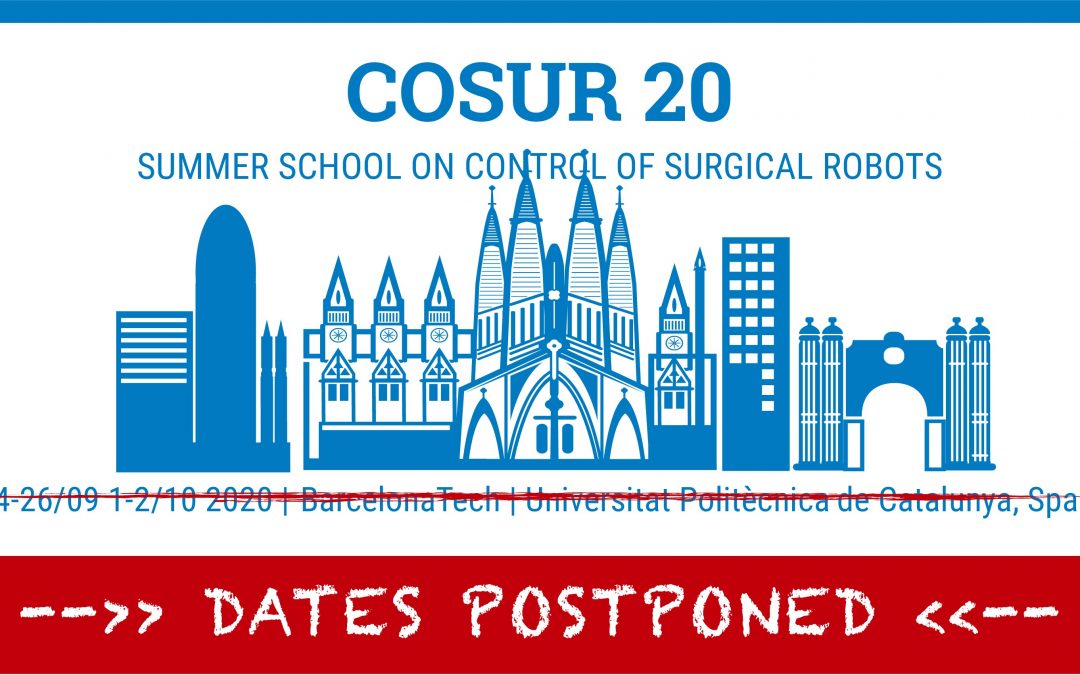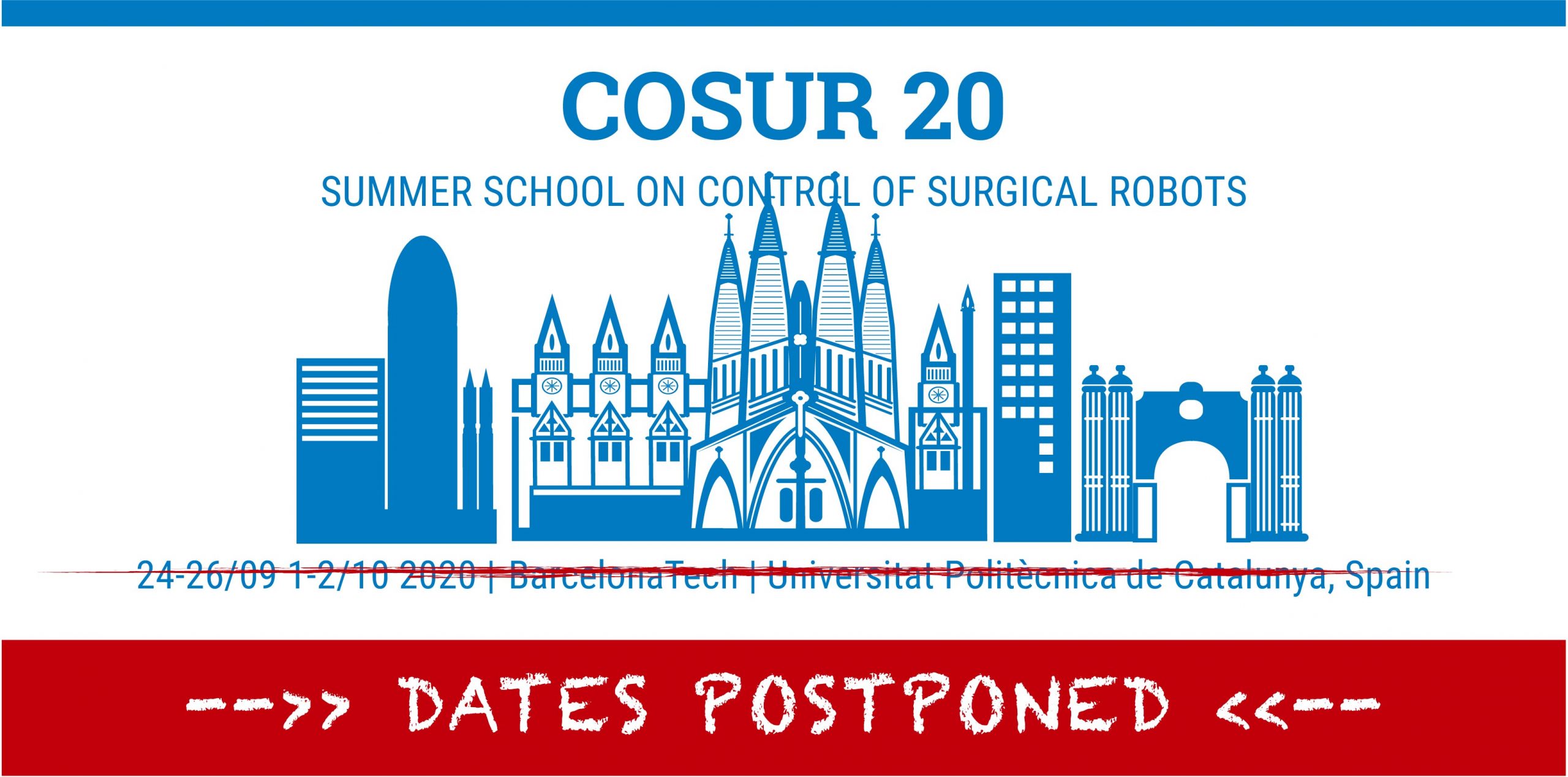
Commonsense Reasoning in Surgical Robotics
The first doctoral school dedicated to a frontier theme for autonomous robotics.
From 2 to 5 May 2022 in Verona and in hybrid format, registration by 13 April.
We are pleased to announce the Summer school in “Commonsense reasoning in surgical robotics”, which will be held from 2 to 5 May 2022 in hybrid format: the lessons will take place online and at the Department of computer science UNIVR.
This new proposal is the evolution of COSUR summer school on the control of surgical robots and aims to investigate even more specifically the world of autonomous surgical robotics in its most advanced developments.
The school will bring together national and international experts to discuss issues related to commonsense reasoning in autonomous robotics – that is, all those innate skills and concepts that are natural to a human being, but must be taught to a robot in order to act independently. A pioneering topic for the scientific community, which has recently started to be discussed discussed thanks to the progress achieved in the technical field.
The school is characterized by a strong interdisciplinary connotation and includes specialists in robotics, artificial intelligence, medicine, ethics and law. Given the complexity of the topic, we strongly believe that only an integrated approach will to foster a broad and articulated vision on a horizon that is still little known. The teaching will includes lectures but also collaborative workshops and group activities to stimulate interaction between the participants.
Understanding how to describe, represent and learn innate human abilities is an aspect of great importance in developing autonomous agents that are robust and reliable.
The school is open to Italian and foreign PhD students and researchers in the following disciplines: robotics, artificial intelligence, medicine, ethics, law and natural language processing.
Registration is open until April 13, which will be followed by a selection of the applications received. The participation fee is 50 Euros, except for affiliates of the Verona university, for which participation is free. Attendance in person is strongly recommended.
Program, teachers and methods of participation are available at this link.
Partners: ATLAS Project – AuTonomous intraLuminAl Surgery, ARS Project – Autonomous Robotic Surgery and UNIVR Computer Science Department.
